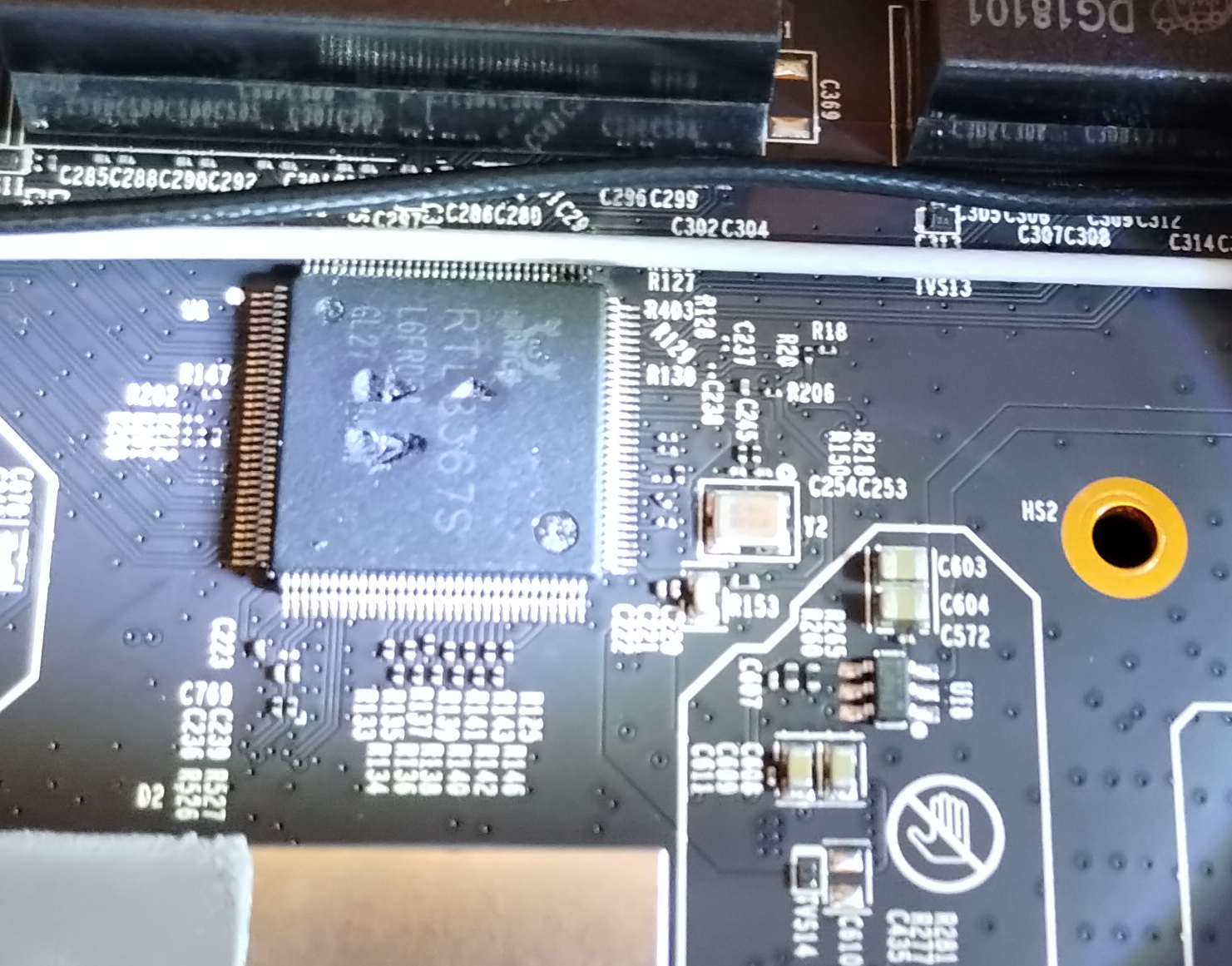Diablo2K
Supreme [H]ardness
- Joined
- Aug 10, 2000
- Messages
- 6,794
A while back I was having problems with my Internet. I had to have support come out 3 times before things were fixed. They replaced my router and modem several times, grounded the system, changed the cables ect. One thing the supervisor said on the 3rd visit is that the Router needs plugged directly into the wall and not into a power strip where I had it. I was not having any issues with the router, my pings to the router were always less than 1ms, never had any dropped connections or any other router problems.
I am thinking about getting a UPS, maybe THESE I could use the smaller one for the router/modem and the other for my laptop and other stuff on my desk, mainly a couple wall chargers. We have power drops and the lights will dim every once in a while and I would like more stable power going to my Modem/Router and other equipment.
Would this be a good setup? Would the router have any issues being plugged into the UPS?
I am thinking about getting a UPS, maybe THESE I could use the smaller one for the router/modem and the other for my laptop and other stuff on my desk, mainly a couple wall chargers. We have power drops and the lights will dim every once in a while and I would like more stable power going to my Modem/Router and other equipment.
Would this be a good setup? Would the router have any issues being plugged into the UPS?
As an Amazon Associate, HardForum may earn from qualifying purchases.
![[H]ard|Forum](/styles/hardforum/xenforo/logo_dark.png)
